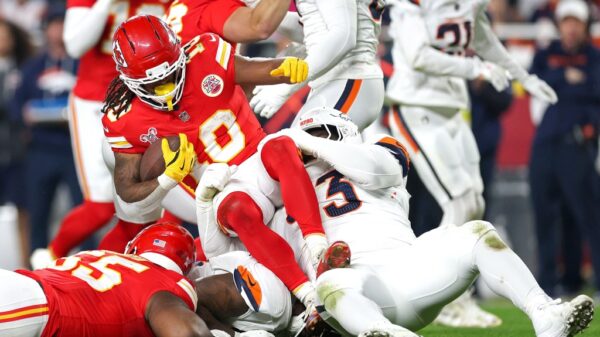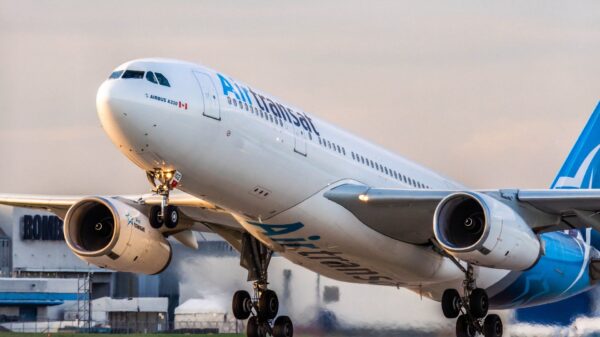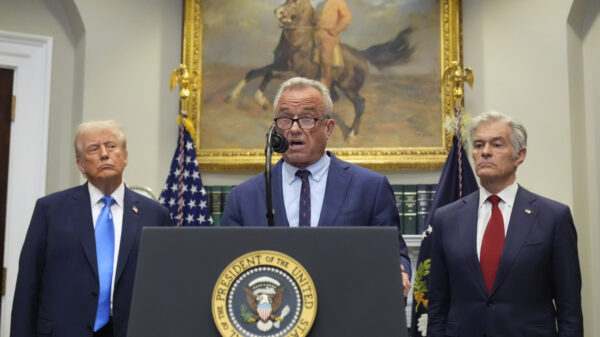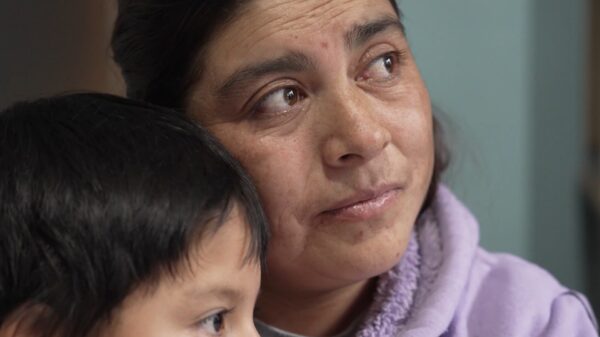UPDATE: The Irish Football Association has just voted to call for the Union of European Football Associations (UEFA) to suspend Israel from all competition due to serious allegations regarding violations of UEFA statutes. This urgent resolution, passed on November 5, 2025, marks the third time a European soccer governing body has made such a demand, following similar calls from Norway and Turkey.
The proposal, which received overwhelming support from over 50% of delegates, was initiated by the Irish club Bohemians. It highlights two primary accusations against the Israel Football Association (IFA): the unauthorized organization of clubs in occupied Palestinian territories and a failure to enforce an effective anti-racism policy. These developments come against a backdrop of growing global opposition to Israeli sports teams, intensifying the pressure on Israel’s athletes and fans.
Additionally, Spanish Prime Minister Pedro Sánchez has publicly supported the suspension, amplifying calls for accountability in international sports. Israel’s national team is scheduled to face Moldova on November 16, marking a crucial moment in their World Cup qualifying campaign. Currently, Israel sits third in their group, rendering their chances of automatic qualification to the 2026 World Cup increasingly unlikely.
The situation escalated further when reports surfaced that UEFA was considering a suspension of Israel in response to the ongoing conflict in Gaza. Although a vote was delayed in September, the ramifications of these discussions are being felt across the sports community. FIFA President Gianni Infantino previously announced on October 3 that no action would be taken against Israel following a historic peace proposal between President Donald Trump and Israeli Prime Minister Benjamin Netanyahu. However, this has not shielded Israeli athletes from discrimination and exclusion.
In a distressing turn of events, the Israeli gymnastics team was denied visas to participate in the World Gymnastics Championships in Indonesia, a decision attributed to security concerns despite assurances from Israeli security officials. Israeli gymnast Eyal Indig criticized the ban as “discrimination based on nationality,” highlighting the ongoing struggles faced by Israeli athletes abroad.
Moreover, the Israeli soccer team Maccabi Tel Aviv recently experienced fan bans during a match against Aston Villa in the UK. Reports indicate that British police arrested six individuals amid protests, which saw approximately 200 demonstrators gather near Aston Villa Park, showcasing the heightened tensions surrounding Israeli sports events.
In a related development, the Israeli cycling team, Israel-Premier Tech (IPT), has lost its primary sponsor, Premier Tech, despite efforts to rebrand by dropping “Israel” from its name. The Canadian company cited untenable circumstances as the reason for their withdrawal, further complicating the team’s financial future and visibility in international competitions.
As the international community watches closely, the implications of these developments extend beyond sports, reflecting broader geopolitical tensions. The Irish Football Association’s call for UEFA to impose sanctions on Israel underscores a significant shift in how sports governance interacts with political issues, leaving athletes caught in a storm of controversy and uncertainty.
Moving forward, all eyes will be on UEFA’s response to this call, the outcome of Israel’s upcoming match against Moldova, and how these events will shape the future of Israeli participation in European competitions. As the situation develops, the ramifications for athletes, fans, and international sports organizations will be profound.
Stay tuned for updates as this story unfolds, impacting not just soccer but the global sports landscape as a whole.







































































